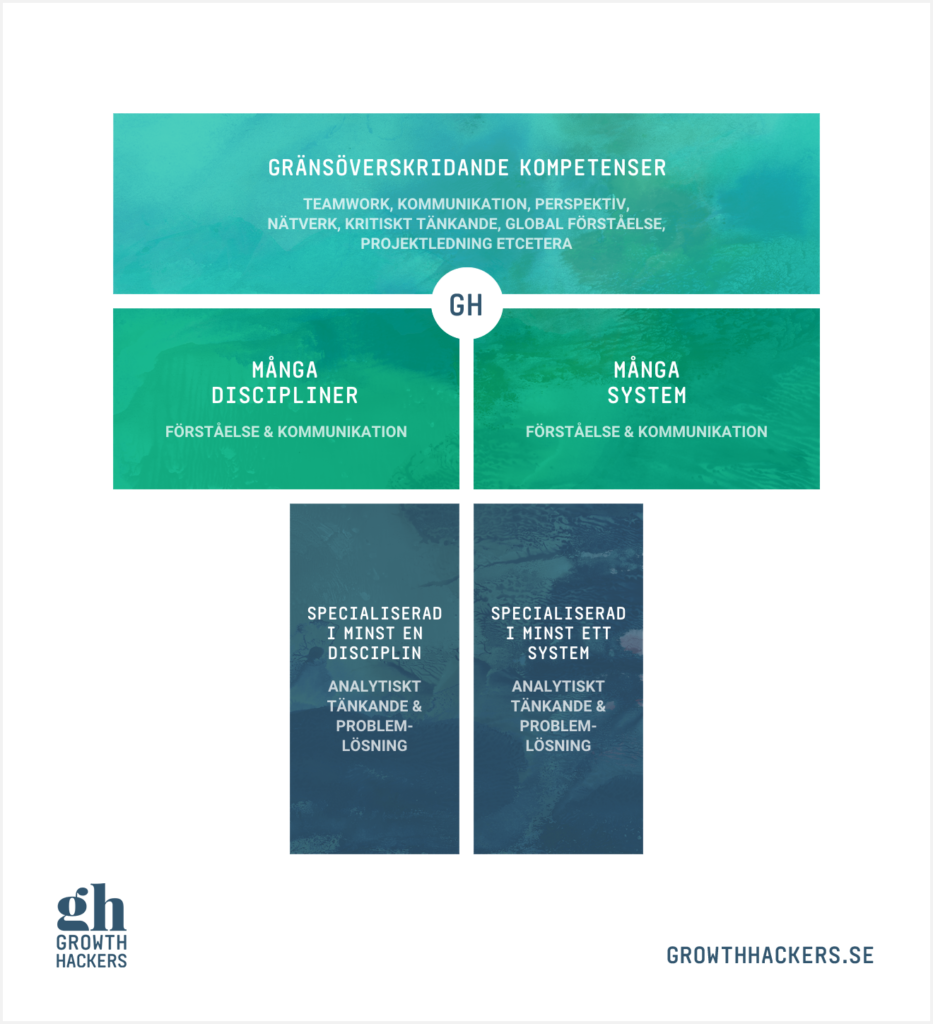Many people want to lose weight. There are many ways to speed up your weight loss efforts. However, it is important to realize that too fast weight loss can backfire.
Safe, successful, and sustainable weight loss, like many other aspects of life, is about the journey, not a destination or deadline. For expert advice on how to lose weight and keep it off, read on.

Why losing weight fast is not the best goal
Although the myth of “losing 5 pounds in a week is a strong one, there are many reasons that speedy weight loss may not be the best option.
First, people who lose weight quickly, particularly via crash or fad diets, are more likely to lose muscle mass and less fat than those who lose it slowly.
“Keeping lean muscle mass is crucial for weight loss, as it plays a critical role in metabolism,” Connie Bennett, certified health coach and author Sugar Shock. “Muscle helps you burn more calories. If you lose too much weight, your body will lose muscle mass and slow down calorie burn. Rapid weight loss can lead to a permanent slowing down of metabolism.
Rapid weight loss can often lead to the dreaded “yo-yo” weight cycle that many chronic dieters suffer from. A study of ex-contestants from “The Biggest Loser,” NBC’s television weight loss show, found that the faster a participant lost weight, the slower their metabolism was. Study also showed that contestants lost a significant amount of their weight within six years after the competition.
Another study in Australia of 200 participants in The Lancet showed that dieters lost more slowly than those who lost their weight quickly.
This is compounded by the fact that people who lose weight quickly often have a higher appetite and a lower metabolism, making it difficult to keep the weight off. According to Obesity, our bodies tell us to consume 100 calories more for every pound of.
Many popular diets can lead to nutritional deficiencies. Registered dietitian Ellen Albertson, Ph.D. is the author of Rock Your Midlife. “What’s more? If daily calories is low, the body might also use muscle mass to fuel, further reducing metabolism. Muscle mass is metabolically active.
Bottom line: It is important to lose weight in a sensible way. Experts recommend losing between half a pound and two pounds per week. Here are some proven ways to lose weight and keep it off.
13 Expert-Recommended Tips to Safely and Sustainably Lose Weight
- Make long-term lifestyle and behavior changes
Albertson suggests that you should eliminate the term “diet” when trying to lose weight. Albertson suggests that you should ban the word “diet” from your vocabulary. It can make you feel unwell and cause you to think about food all the time, which is precisely what you don’t want when you are trying to lose weight. Instead, she suggests that you view weight loss as part of becoming healthier and that you focus on your body first.
Albertson says that weight loss can be complicated. Although you may not have complete control over the numbers on the scales, you do have control over how much you eat and move, and other factors that affect your weight such as stress, sleep, and what you eat. She suggests setting SMART–specific, measurable, achievable, relevant and time-sensitive–goals and rewarding yourself when you hit them.
- Concentrate on the First 5% to 10 %
Instead of saying “I need to lose 25%” and putting yourself on a pedestal with an impossible goal, consider the health benefits that even modest weight loss can bring.
“Set smaller, achievable targets,” suggests Bennett. Bennett suggests that a loss of 5% to 10% of your total weight (TBW), can significantly improve your health and reduce your risk of developing certain cancers, such as stroke, type 2 diabetes, heart disease, and cardiovascular disease.
- Cut down on the intake of sweets and ultra-processed carbs
The Journal of the American Medical Association revealed that what you eat is the most important factor in weight loss . You will lose weight faster if your diet is better.
Bennett says that reducing your intake of sugary and quickly metabolized carbohydrates is one of the best ways to lose weight. You should cut down on or significantly reduce your intake of high-glycemic load foods such as processed carbs, sugary snacks, and soft drinks. You’ll see a significant increase in weight loss if you cut down on chips, French fries, crackers, and the like.
- Get More Plants
Research has shown that a plant-based diet promotes weight loss and is easier to follow than a low-calorie. It’s also nutrient-dense and offers many health benefits.
Albertson says that produce supports weight loss due to its high fiber and water content. These nutrients are both calorie-free but also take up space in the stomach, so they make you feel full. A Brazilian study actually found a direct correlation between higher vegetable and fruit consumption and weight loss
Albertson recommends that you aim to eat five servings per day of vegetables to get started, and then increase your intake to seven to nine daily servings. She suggests that you start your day with a green smoothie and then eat a salad or chopped vegetables for lunch. You can also eat fruit as snacks and desserts. For supper, make sure to have more stir fries, add vegetables to your pasta dishes, and then stir them into soups.
- Pump Up Your Protein
You can reduce your appetite and prevent muscle loss by increasing your protein intake.
Dr. Albertson says that eating 25-30 grams of protein per meal, which can be two scoops of protein Powder or four ounces of chicken breast, can help you control your appetite and manage your weight. It is best to ensure that you get one serving of high quality protein per meal.
Albertson says that women over 50 require significantly more protein (between 1 and 1.5 grams per kilogram body weight per day) than younger women (who need.8 grams protein per kilogram body weight per day). She explains that women need more protein as they age, particularly when they are approaching menopause. This is because estrogen levels drop, which causes a decrease in strength, skeletal muscle mass and regenerative ability.
- Get More Water
Research has shown that drinking more water can lead to weight loss regardless of how much you exercise. Water intake can increase satisfaction and reduce sugar cravings. Water is essential for lipolysis. This is the body’s way of burning fat for energy.
Jordan Morello, a celebrity trainer from Florida who works with the fitness platform SWEAT Factor, says that the eight-by-eight rule–8 ounces water eight times per day is a good recommendation. My clients are often surprised when they incorporate this [rule] into the daily routine. It can curb cravings, and make you feel fuller for longer periods of time.
Another water trick: Drink two cups of water prior to each meal. This simple step can help you lose weight.
- Enjoy a Well-Rounded Breakfast
Breakfast skippers, listen up. Do not skimp on breakfast if you want to lose weight. Studies consistently show that skipping breakfast is linked to obesity.
A study published in the Proceedings of the Nutrition Society showed that people who skip breakfast have lower quality diets and a reduced intake of nutrients like vitamin D and iron.
Not every breakfast is the best. Bennett says, “To think clearly, perform better, and be in a better mood, you need a well-rounded breakfast that is balanced in blood sugar and contains plenty of protein, healthy fats, and quality carbs such as fresh berries.”
Benefits of a keto diet, including burning fat for fuel, reducing appetite, and improving mental clarity. We also provides information about the program, including a meal plan, shopping list, and recipes. The program claims to help users lose weight quickly and sustainably. It also offers a 60-day money-back guarantee to ensure customer satisfaction.
- Get up and move more
It is possible to lose weight by increasing your non-exercise activity temperature (NEAT). This refers to the energy you use for anything other than eating, sleeping, or exercising. You can save hundreds of calories by making small changes such as carrying groceries rather than pushing a cart, parking closer to the entrance of the mall, and taking the stairs instead.
Try standing up more than you are sitting. Research shows that standing instead of sitting can lead to an increase in energy expenditure and weight loss.
If you are 160 lbs and you alternate sitting and standing, you can burn an additional 35 calories per hour. This is an extra 280 calories per day, 1,400 calories per week, and approximately 70,000 calories annually.
Albertson says, “Set a timer in your Fitbit, phone or computer to remind yourself to get up every hour.” You’ll lose more calories, may lower your risk of developing heart disease and blood sugar.
- Do the weights
Muscles burn more calories than fat. How can you increase muscle mass? Strength training.
It’s smart to add resistance training to your weight-loss plan. This is not only because you’ll burn calories while exercising, but also because it has the “afterburn effect.”
FEATURED PARTNER OFFER
Scale X Pro
- You’ll discover more about your body than ever before with 32 different measurements
- Complete body diagnosis, including 8 live readings on your display and 8 additional on the app
- Echo technology transmits signals through your body to 12 auto-calibrating sensor and interprets them
- You can view each measurement in graph format with adjustable time options to gain complete insight into your body’s changes.
EPOC, also known as excess post-exercise oxygen intake, is a measure of how long oxygen uptake after exercise remains elevated to aid muscles recovery. This elevates metabolism during and after strength training sessions.
The more muscles you add to your frame , then the higher your resting metabolic rates (RMR). Your RMR is the amount of calories your body requires to function at rest. Your RMR will determine how much food you can eat without gaining weight.
Albertson says that strength training is crucial for weight loss and maintaining weight, particularly after 50, when muscle mass (which burns calories) declines at a rate between 1% and 2% each year. Strength training can slow down the decline in muscle mass.
- Don’t Go Overboard
Weight loss may not be possible if you cut calories too much or exercise 24/7. People believe that weight loss requires drastic measures, but it is better to allow yourself sufficient recovery time.
“Many people will get frustrated because they haven’t lost weight. They will then double the stressor (i.e. Rob Darnbrough is a certified personal trainer and the CEO of The Smart Fit Method in California. They’ll be able to run more, eat less, and spend twice as much time at the gym. All of these things are possible during anabolic recovery.
Darnbrough explains that the body gains muscle mass and sheds fat during the anabolic phase. Instead of overtraining, which can lead to injury and poor results, invest as much energy in rest and nutrition as you do in workouts. Darnbrough says, “To achieve sustainable results, balance your ratio between stress and recovery.”
- Get in touch with an Accountability Partner
Sometimes, losing weight can seem lonely. But you don’t have it all to yourself.
Research shows being accountable works. One study found that two-thirds (33%) of participants in a weight reduction program with their friends maintained their weight loss for six month after the meetings concluded. This compares to only 25% of those who attended their. Many organizations recommend that you have a mentor or champion to help you lose weight.
Bennett suggests that “checking in with an accountability partner every day is one of the best ways to eat better and lose weight consistently.” Your accountability partner does not have to be your best friend, co-worker, or partner. Find someone who shares your weight loss goals. Talking to each other is not necessary. Text each other to let them know that you are staying on track and eating healthy food . You can also lean on your partner if you are tempted to eat junk food. You might want to call them.
- Watch Less Television
Couchsurfers who want to lose weight should switch off the TV. In fact, the more people watch television, the more they gain weight.
A study of more than 50,000 women in their mid-twenties found that the amount of time they spent watching TV each day led to a 23% increase in obesity and 14% increase in diabetes .
Television watching can lead to excess weight. This is due to the fact that it’s a sedentary activity and often leads to mindless eating. Turn it off, or change the channel to an exercise show.
- Connect with Your Satiety Cues
Mindless eating can be reversed by listening to your body’s natural cues of “I’m hungry” or “I’m full”.
“Dieting combined with eating on the run or while multitasking–driving, watching TV, playing with your phone–can really disconnect you from your natural signals of hunger and satiety,” says Albertson. Albertson says, “Plus, we learned to clean our plates as children and eat less when satisfied.”
Albertson suggests that instead of tracking your food, eat when and where you feel hungry. To get back in touch, track how hungry you feel before, during, and after meals.


